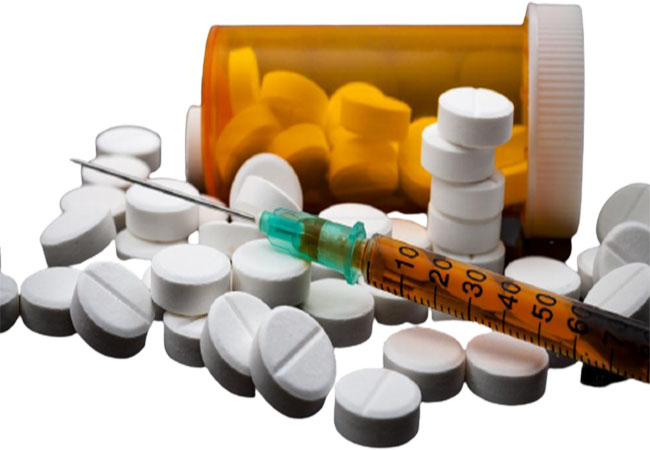Angela Onwuzoo Pharmacists and physicians have said it is dangerous to indiscriminately take prescription...
prescription
Angela Onwuzoo Medical experts have cautioned Nigerians against taking hypertension medications without getting a...
Tony Ademiluyi Pharmacists have cautioned Nigerians against taking dietary supplements without the prescription of...
Lara Adejoro The Federal Government has warned Nigerians against buying antibiotics over the counter,...
United States health officials issued new recommendations on Thursday to relax restrictions for doctors...










